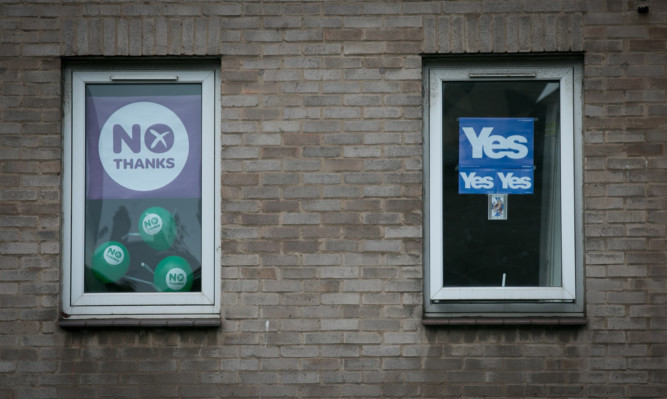Far from drawing a line under controversy over the future of the United Kingdom, as some had hoped, the aftermath of the Scottish independence referendum has seen Westminster convulsed by debate over the constitution, devolution and relations between the nations of the UK.
Prime Minister David Cameron seized the opportunity of last September’s narrow No vote to unveil plans not only for increased devolution to Scotland, but also the deeply controversial introduction of “English votes for English laws” in the UK Parliament.
And the surge in Scottish National Party support which followed the referendum played a crucial role in May’s general election, which transformed the face of Westminster by giving Nicola Sturgeon’s party a virtual clean sweep of seats north of the border and making the nationalists the third largest group in the House of Commons.
Mr Cameron’s warnings of an Ed Miliband administration in hock to the SNP were widely seen as playing a decisive role in securing an absolute majority for the Tories in May, but the Prime Minister has since been accused of abandoning his party’s unionist principles by stoking up English nationalism in his efforts to hold on to power.
The SNP steamroller brought an unexpected halt to the Westminster careers of senior Labour figures Douglas Alexander and Jim Murphy and fuelled the left-wing resurgence behind Jeremy Corbyn’s remarkable leadership bid. And the loss of long-held Scottish strongholds played a big part in the dramatic collapse of the Liberal Democrats as a party of influence in the Commons.
While lost seats may always be regained, English votes for English laws – known in Westminster as “Evel” – promises to alter the way the UK is governed over the long term.
Under the proposals, if a law relates to matters that have been devolved to the other nations of the UK, English MPs will take part in two new stages of consideration of legislation.
The first would take the form of a grand committee in which only English MPs – or English and Welsh MPs – would be able to vote on legislation relating to their nations before the third reading of a Bill. The second stage would come after the Bill has passed through the Lords, when it would have to be approved by a “double majority” of all MPs as well as English MPs, or English and Welsh MPs.
The proposals have been denounced as a “constitutional outrage” by Labour, which fears they will give Conservatives a near-permanent majority over a vast swathe of legislation affecting England.
The Liberal Democrats’ one remaining Scottish MP, Alistair Carmichael, warned in July they would turn the Commons into “a proxy for an English parliament”. Opposition to the plans forced ministers to delay changes to Commons standing orders until after the summer recess and the Evel debate is expected to rage on through the autumn.
Meanwhile, the enhanced SNP presence on the Commons green benches has already had an impact on events at Westminster. The nationalist party has claimed credit for a number of Government climbdowns, and forced Mr Cameron to drop plans to relax the hunting ban south of the border by announcing it would oppose the move, breaking a long-standing convention that it does not vote on matters which affect England only.
Scotland could also play a key role in the referendum on the UK’s EU membership which Mr Cameron has promised by the end of 2017 and which is expected to dominate Westminster over the next two years.
Ms Sturgeon has made clear that a UK-wide Out vote which was not matched in Scotland could trigger demands for a second independence referendum – something which the Prime Minister has insisted should not happen.
